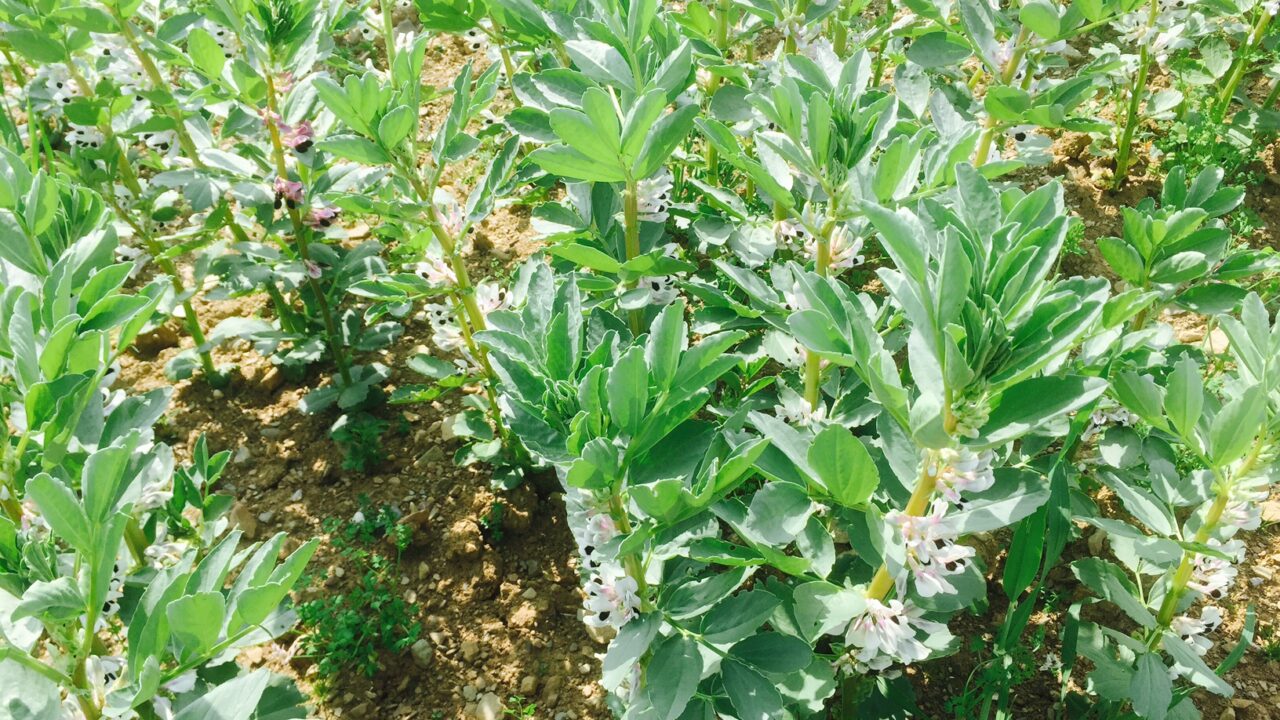Ireland’s ambitious plan to quadruple the organic farming sector must be matched by the same ambition to source and secure new markets for it, according to the Irish Cattle and Sheep Farmers’ Association (ICSA).
The organisation’s organics chair, Fergal Byrne said a strategy to “significantly expand exports of Irish organic produce must be developed in tandem with the push to expand the sector”.
“Such a strategy is required to ensure the proposed allocation of €256 million to the sector as part of the next Common Agricultural Policy (CAP) does not go to waste,” he said.
“ICSA has always argued for greater numbers of cattle and sheep farmers to be supported in switching over to organic farming.
“As a result of this investment, more farmers than ever will have that opportunity, but to attract farmers to the organics scheme, we must find markets for what they will produce.”
But he said a coherent plan is required so that there are markets for the additional produce that an enhanced sector will deliver.
“As it stands, we can barely find markets for what we produce already, and our fear is that as more farmers switch to organics that the markets just won’t be there.”
Organic promotional campaign
“At a very minimum, the government needs to commit to a massive promotional campaign to ensure we can expand the sales of organic beef and lamb into premium European markets,” he continued.
“In addition, ABP – the company that has taken control of the organic meat sector here – must be held to account for their failure to drive increased organic meat sales in EU markets.
“Organic Irish beef and lamb represent the very best of what we can produce in the most environmentally sustainable way, yet the sector has remained stagnant because there has been no investment in innovation.
“All organic farmers, as well as those thinking about switching, will need to see a big commitment from ABP that they will step up to the plate in pursuing new markets for organic beef and lamb.”
Organic education and training
In relation to education and training, organic farmers and production systems have been marginalised for far too long, he said.
“If we are serious about expecting to find 6,500 new farmers to reach 7.5% of land under organics then Teagasc will have to allocate the necessary resources to the areas of organic research, training, and advice.”
And barriers to the scheme that have already been identified must also be addressed.
“In particular, the ICSA wants to see changes made to the requirements around housing winter cattle so that housing on slats could be facilitated.
“Current organics regulations require a lie back area which is not available to many cattle farmers. This is a real impediment for many due to the scarcity of straw and massive cost associated to converting yards and sheds to suit the scheme.
“We also know that the high cost of organic ration already makes winter finishing very unattractive.”
